
-
PERSONAL OFFICE
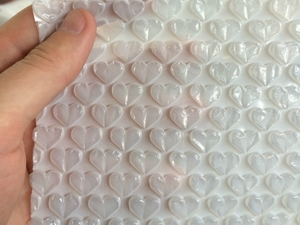
In 2040, on Earth, in trade - the sort of human activity and industry that existed since the Stone Age, many new and unusual things will appear.
1. New sellers
In 2040, the stores will have a new category of sellers - their role will be taken by the goods themselves. The Internet of things is a great tool for the kettle to show how it turns on and off, to compare itself to similar models in the market and to discuss the discount from the price. Consultants who had previously trained candidates for managerial positions in companies will now train kettles to interview customers.
After the kettle goes into the property of the customer, its program of behavior will, of course, change, and it will begin to serve its new master.

2. New customers
Of course, artificial intelligence systems will be in the role of customers everywhere, and it will be both retail and wholesale purchases.
Artificial intelligence systems will analyze all existing offers of goods and services on the global market and choose the most suitable to the tastes of the consumer, taking into account his preferences and constraints.
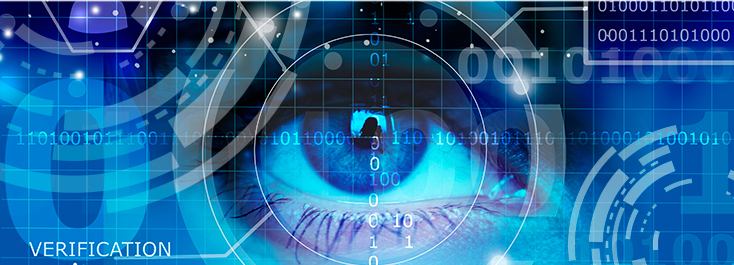
3. New forms of payment
Actually, there may be no settlements as such at all, it will all come down to the verbal confirmation of the customer's readiness to buy goods and pay for them. The rest will be made by the pattern recognition system.
Each person (as well as each company - based on the images of their authorized representatives) will make purchases within their credit limits, using their biometric data: fingerprints and lip prints, image of the eyes cornea and so on.
All this will make pointless theft and robbery - however, the chapters about Crimes of the Future and the Police of the Future will most likely appear in our FutureBook.
In wholesale trade, settlements for the goods sold will be increasingly tied to the sale of each sales unit to the end user, a signal indicating it will immediately go to the wholesale supplier and to the factoring platform (for details, see Section 7).
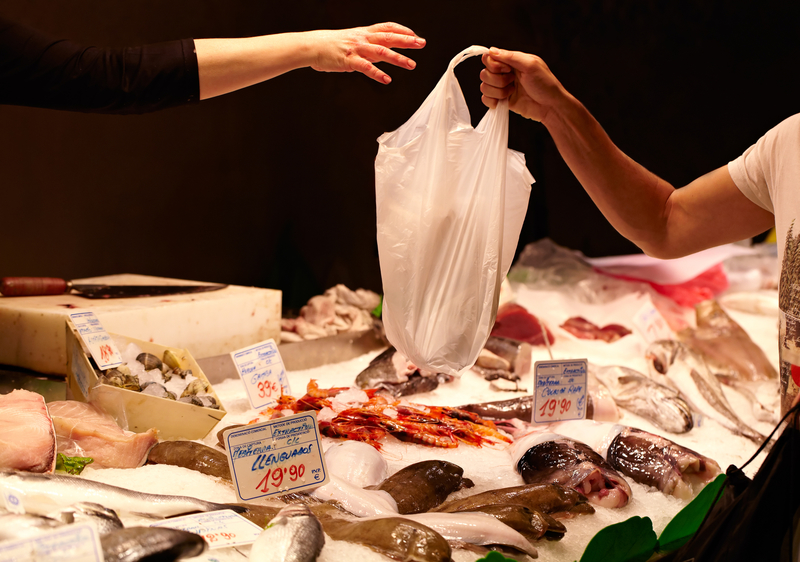
4. New opportunities for shopping as a leisure
The development of new technologies will cause considerable nostalgia for traditional shops and markets, where one could walk around the stalls, to examine the goods and bargain with the sellers.
Preserved traditional markets and bazaars will be included in the UNESCO World Heritage List, popular tourist trips will be organized there. Shops with live sellers and traditional ways of choosing goods will become elite, and families will go there for Sunday shopping as an important and memorable event.
5. New places of sales
For now I will write here only about transport. People will still move in space on airplanes, trains, cars and on something that does not exist yet, but will be described in our book in the chapters about transport of the future.
An opportunity to buy goods on the board of the aircraft or in a train is already available, but the range of such sales is often extremely poor. In 2040, the choice will be almost unlimited, and the goods desired will be delivered to the passenger at the point of destination at the time of his arrival.
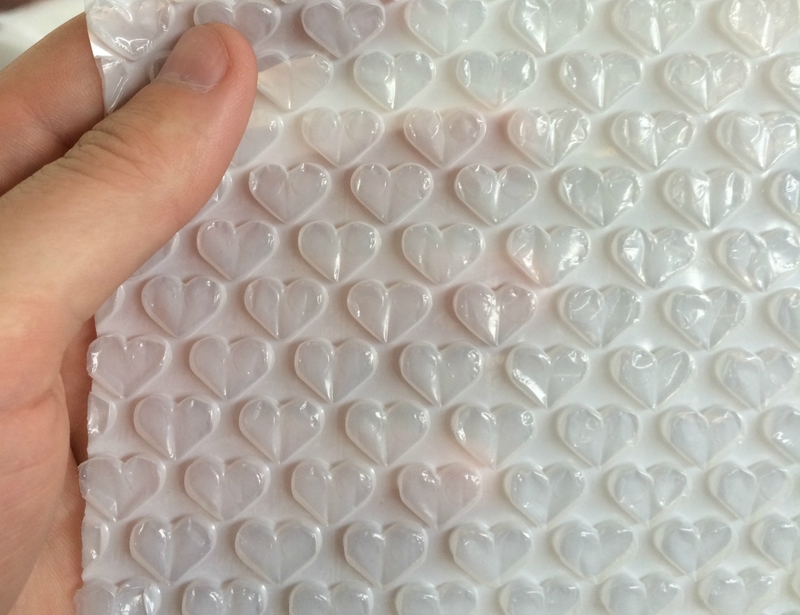
6. New packaging
One of the ways to make products more personal and to increase their consumer appeal will be packaging. Already now, packaging with big bubbles, "bursting" which the buyer enjoys and relaxes, is very popular. But currently the big bubble wrap is used only if the goods are fragile. In the future, regardless of the product category, opening the package will be a pleasant and interesting adventure.

7. New factoring
Factoring already in the late twentieth century has become a traditional trade companion, allowing most suppliers to receive financing and credit risk coverage when selling goods and services with a deferred payment on open account terms.
In 20-25 years, the open account will start to die, giving way to the sale of goods for an indefinite period of time required for their sale to the end user. And Factors have to learn how to finance supplies for an indefinite period, improving algorithms that allow predicting the timing of sale of different types of goods, depending on the areas on which they are sold.
One more change I expect in the factoring industry is its detaching from the banking system. The source of funding for factoring companies (or rather factoring platforms) of the future will be crowds - many millions of private investors.
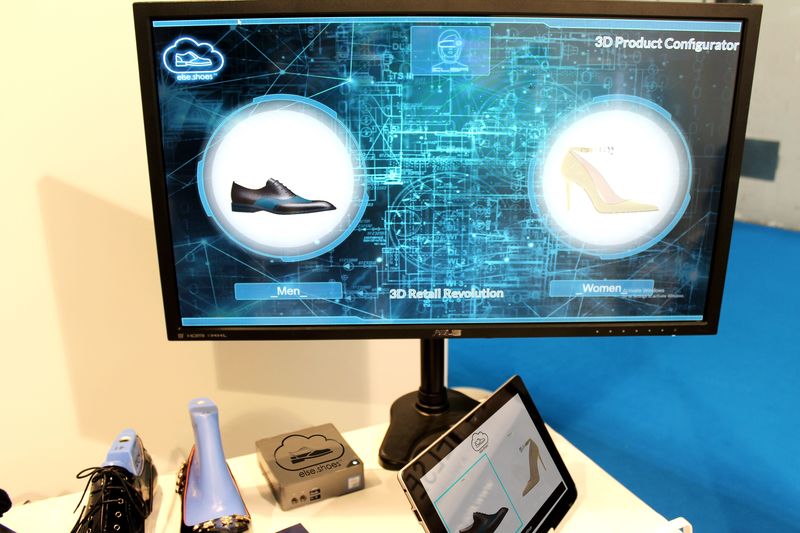
8. New Customization
Pre-sale preparation of goods and services for the individual characteristics of each customer will become a necessary condition for preserving consumer interest in a society in which more and more standards will prevail.
As a minimum, each shirt will be sold with the initials of the buyer embroidered on the sleeve.
Any kettle will be able to change color based on the tastes of the buyer. All goods and all services will become individual and at least in small details unlike each other.
Thanks to the author for seeing the future of the trade! Very interesting vzgyad on the world of the future)
In connection with the above, the question is: do you think, will people themselves form their "list of needs" to make the purchase process more rational and effective, or will the purchases be made in a system similar to the one we have now: we go to the supermarket for bread, but we leave with a full cart of all sorts of stuff. And without bread.
I suppose that for quite a lot of people the visit to supermarkets will remain a kind of entertainment. But for others we will see the success of Internet of Things - food and other products will be ordered not by people but by fridges